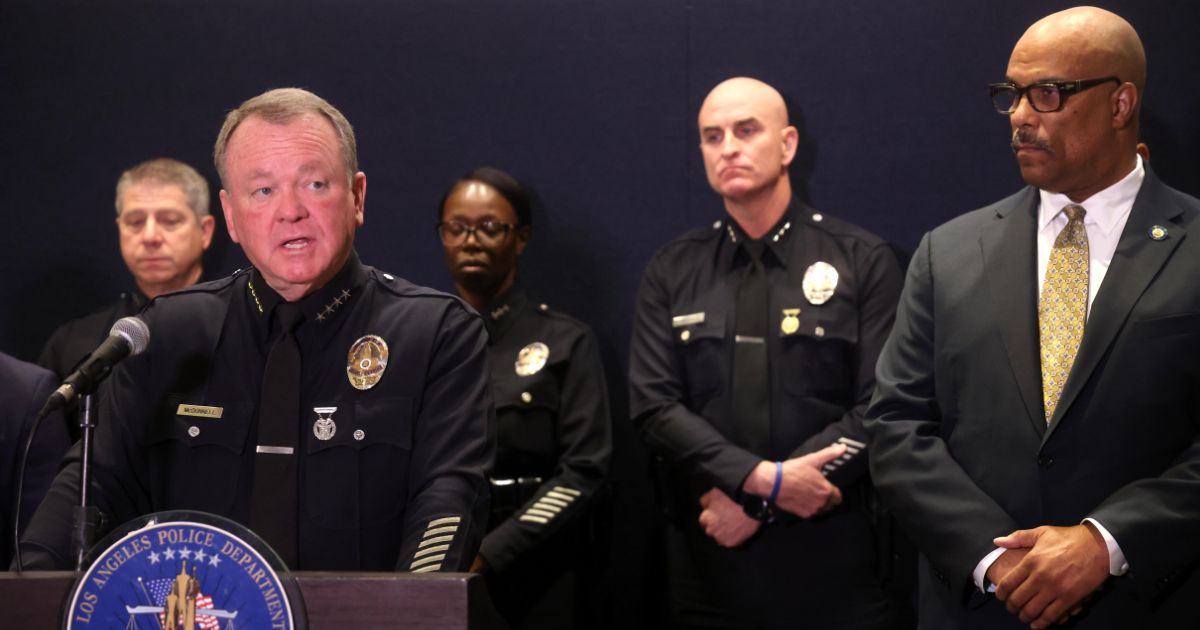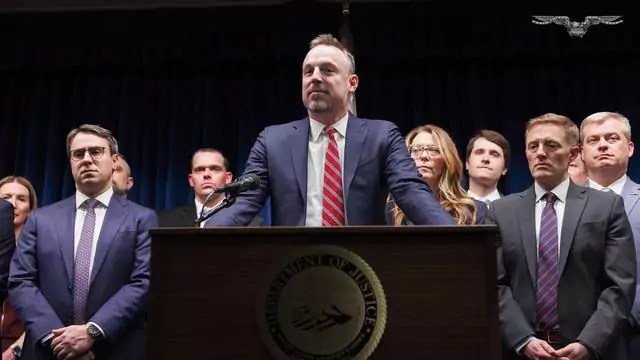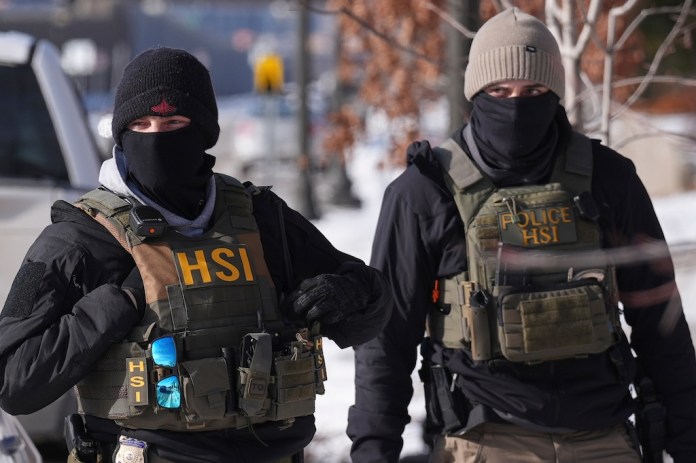Police forces are lowering education standards to salve shortages. Why does it matter?
The article discusses how several major U.S. police departments have recently lowered their educational requirements for recruits, primarily due to difficulties in attracting enough applicants. For example, the New York City Police Department reduced the college credit requirement from 60 to 24 credits, and Dallas eliminated college credit requirements altogether. Similar changes have been made by police departments in Memphis and New orleans.
Experts note that most police agencies nationwide already only require a high school diploma or GED, so thes modifications in larger departments might not significantly alter policing standards overall. The changes mainly reflect the current recruitment challenges facing law enforcement agencies amid declining interest in policing as a career among younger generations. Factors contributing to this include the demanding nature of police work,relatively low pay,and growing negative public perceptions following high-profile incidents such as the deaths of Eric Garner and George Floyd.
The article highlights that while higher education standards are ideal for the complex demands of modern policing, many departments are forced to lower barriers to maintain staffing levels. The recruitment crisis is compounded by generational shifts where younger people seek more flexible and better-paying jobs, rather than long-term careers in law enforcement. these education requirement adjustments signal broader challenges in policing recruitment and community trust in law enforcement across the contry.
Police forces are lowering education standards to salve shortages. Why does it matter?
Some of the country’s largest police departments have lowered education requirements in recent years, sparking questions about the implications the development holds for communities across the country.
The New York City Police Department reduced the number of college credits required for cadets from 60 to 24 in February in an effort to boost sagging applicant levels. The Dallas City Council voted unanimously in June to eliminate the college credit requirement for recruits, mirroring similar moves by the Memphis and New Orleans police departments within the last decade.
The changes have gained national attention, with observers weighing in on whether they hold more positive or negative implications for police departments and the communities they serve.
Regardless of the opinion, the developments don’t necessarily mean all that much is changing in U.S. policing standards, or that they are setting a trend for law enforcement requirements across the country.
That’s because most cities have only basic requirements in place mandating applicants have a high school diploma or GED, Dr. Heidi S. Bonner, Chair of the Criminal Justice and Criminology Department at East Carolina University, told the Washington Examiner.
“Bird’s eye level view, there are very few states that have education requirements and mandates,” she said.
“There are only two right now, and then California would be the third,” Bonner added, referencing a legislative effort underway in the Golden State to require most incoming officers to have a policing certificate, an associate degree, or a bachelor’s degree.
“There’s a couple of states that have made recent Basic Law Enforcement Training reforms and then changed some of their curriculum. But that’s not an educational mandate. And then there’s some individual agencies that have made changes in terms of reducing their educational requirements,” she continued. “Most states, though, at a state level, continue to require high school diploma and GED cluster academy training and their certification. So that’s the norm across the country.”
Data from a 2017 survey of nearly 1,000 departments nationwide showed that roughly 80% of law enforcement agencies only require a high school diploma to be hired. In places like South Carolina, one of the fastest-growing states in the country, only a minuscule number of police departments hold education requirements beyond a high school diploma, meaning shifts in bigger city departments like the NYPD or Dallas Police Department to drop certain college requirements hold no bearing on the future of their policing standards. Of all law enforcement agencies in the Palmetto State surveyed in a 2019 University of South Carolina analysis of police education requirements, 93% of all municipal departments and 95% of sheriff’s departments required only a high school diploma or the equivalent for recruits.
“Within states, individual agencies may have higher educational requirements…so they can have their own ceilings,” Bonner said, but because most still require only a high school diploma, she doesn’t believe moves from departments such as the NYPD and others to drop higher education standards are likely to carry an overall impact on “public trust.”
What the changes do signal is that it’s getting harder and harder for police agencies to attract young people, a critical shift from decades past when the profession was viewed as a meaningful career, experts say. For the largest departments in the country, that means they’re increasingly finding it necessary to make tweaks to standards to incentivize the career path. For them, the benefit of having a lower education requirement of a high school diploma means that it broadens the pool of applicants.
When the NYPD dropped some higher education requirements in February, daily applications jumped from an average of 53 to 231, according to a news release. In early August, the agency swore in nearly 1,100 recruits, marking its largest incoming class in nearly a decade.
“In a perfect world, you would want police chiefs to be as educated as possible, and that you know that means having a college degree. Policing has become very complicated,” Chuck Wexler, who leads the Police Executive Research Forum, said during an interview. “[But] the reality is that it has been a challenge the last five years to hire new police officers. There simply is more demand than there are enough that want to be police officers. And so what departments are facing is a hiring crisis, and they’re not there are not enough college-educated applicants interested in policing.”
Higher standards could be positive as police have been asked to shoulder more and more responsibilities over the past decade in the era of community policing, Wexler said, but it’s simply not a feasible requirement for agencies to adopt across the board amid a national shortage of police officers.
And the gap isn’t likely to go away soon due to deep generational shifts in attitudes towards policing as a profession, spelling implications for both states like California, and for any of the thousands of agencies across the country holding minimum educational requirements that have hopes of raising their standards.
Where older generations often found purpose in police work as a lifetime commitment to community service, younger people are more likely to spurn the grueling hours and increasingly negative perceptions around the pathway in favor of less demanding jobs with better pay and built-in flexibilities. And they also are more likely to be wary of risks associated with the job, said Jillian Snider, a former police officer with the NYPD who is now an adjunct professor at the John Jay College of Criminal Justice.
“We have both a recruitment and a retention issue,” she said during an interview, noting that there has been a marked shift since the early 2000s, an era of high patriotism and civic engagement when people chose to go into the policing profession “in response to 9/11” and soldiers were returning home from fighing in the Iraq war “and were coming into the job.”
“You’re not seeing an appetite for a career in law enforcement of the younger generation, these individuals that are in their late teens, early 20s, who are starting to think, what am I going to do when I become a grown-up? They’re not seeing these long-term, 20, 25, and 30-year careers. They are going into jobs for 3,4,5 years and then moving on to something else,” Snider added. “One of the biggest motivators in that generation is pay. Law enforcement, historically, does not pay high, more competitive salaries in a lot of jurisdictions.”
Many have pointed to the Black Lives Matter Movement that burgeoned in the wake of George Floyd’s death in police custody in 2020 as the turning point in public opinion against law enforcement.
But the shift, Snider suggested, happened several years before, in 2014, when Eric Garner died while in the NYPD’s custody, with his death sparking the “I can’t breathe” chant favored by anti-police BLM protestors. Wexler noted Michael Brown’s death, which occurred the same year, as another event that provoked a shift in attitudes, and helped spearhead a decline in higher-educated young people interested in policing. A wave of nationwide “defund the police” protests ensued after Brown was shot and killed by a police officer in Ferguson, Missouri.
TRUMP’S HIGHER EDUCATION CRACKDOWN RESHAPES ELITE CAMPUSES AS STUDENTS RETURN
“I think that we’re in a period in which policing has been really challenging,” Wexler said. “I’ve spoken at a lot of colleges. I’ve spoken at Georgetown, I’ve spoken at Princeton, I’ve spoken at Harvard, and different places. And I’ll sometimes say to the class, ‘How many of you would like to be a police officer someday?’”
“Nobody raises their hand,” he said.
" Conservative News Daily does not always share or support the views and opinions expressed here; they are just those of the writer."




